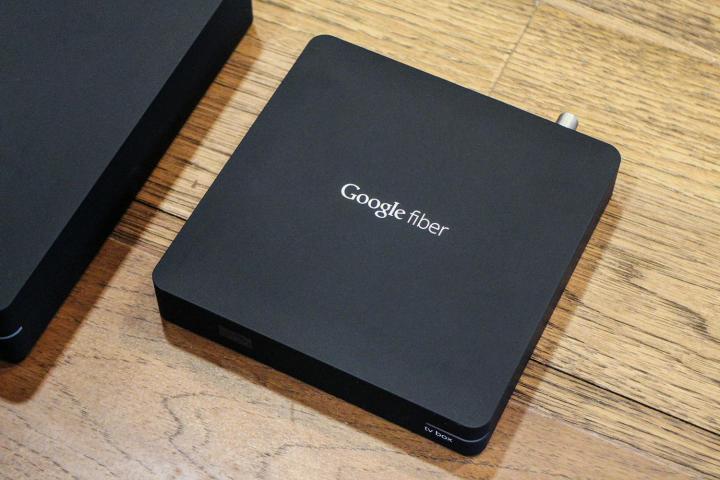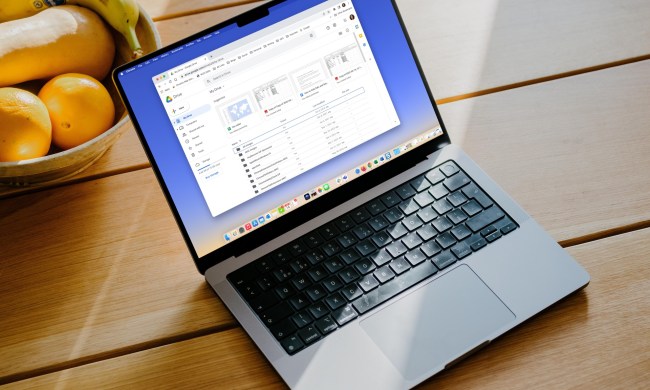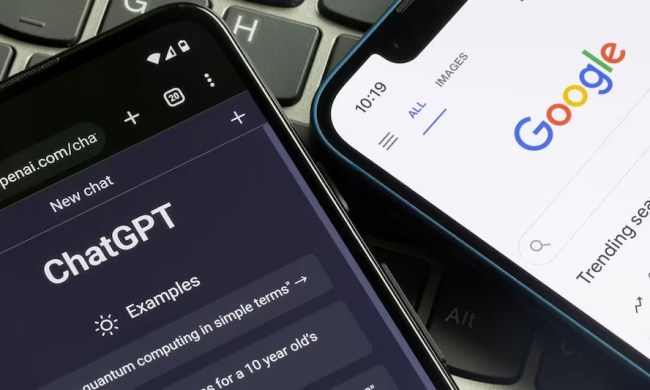
The importance of having an Internet connection has long been heralded by the Obama administration, especially in terms of education. Having this basic access can mean more “after-school programs and STEM classes, more students going online to finish their homework, more people taking advantage of resources like Khan Academy, and more families learning basic computer skills that help them be more connected,” Google said in an official blog post announcement. And with its free extremely high-speed Internet connection, the web company is helping bring more and more people into the 21st century.
In the last couple months, the U.S. has been panned for its failure to deliver decent Internet service to many of its citizens, as well as the wide discrepancy in coverage that exists among different geographies and demographics.
“The U.S. has some of the most expensive broadband in the world, while lagging far behind other countries in Internet speeds,” Google notes. “And for families in affordable housing, cost can be one of the biggest barriers to getting online.”
But moving forward, the tech giant plans to make great strides in narrowing this problematic gap. Google says it plans to “bring gigabit Internet to select affordable housing in all of our Fiber cities,” and further notes that it’ll be “complementing this $0/month Internet service by working with local partners to make new investments in computer labs and digital literacy classes so residents learn the skills they need to get online.”


